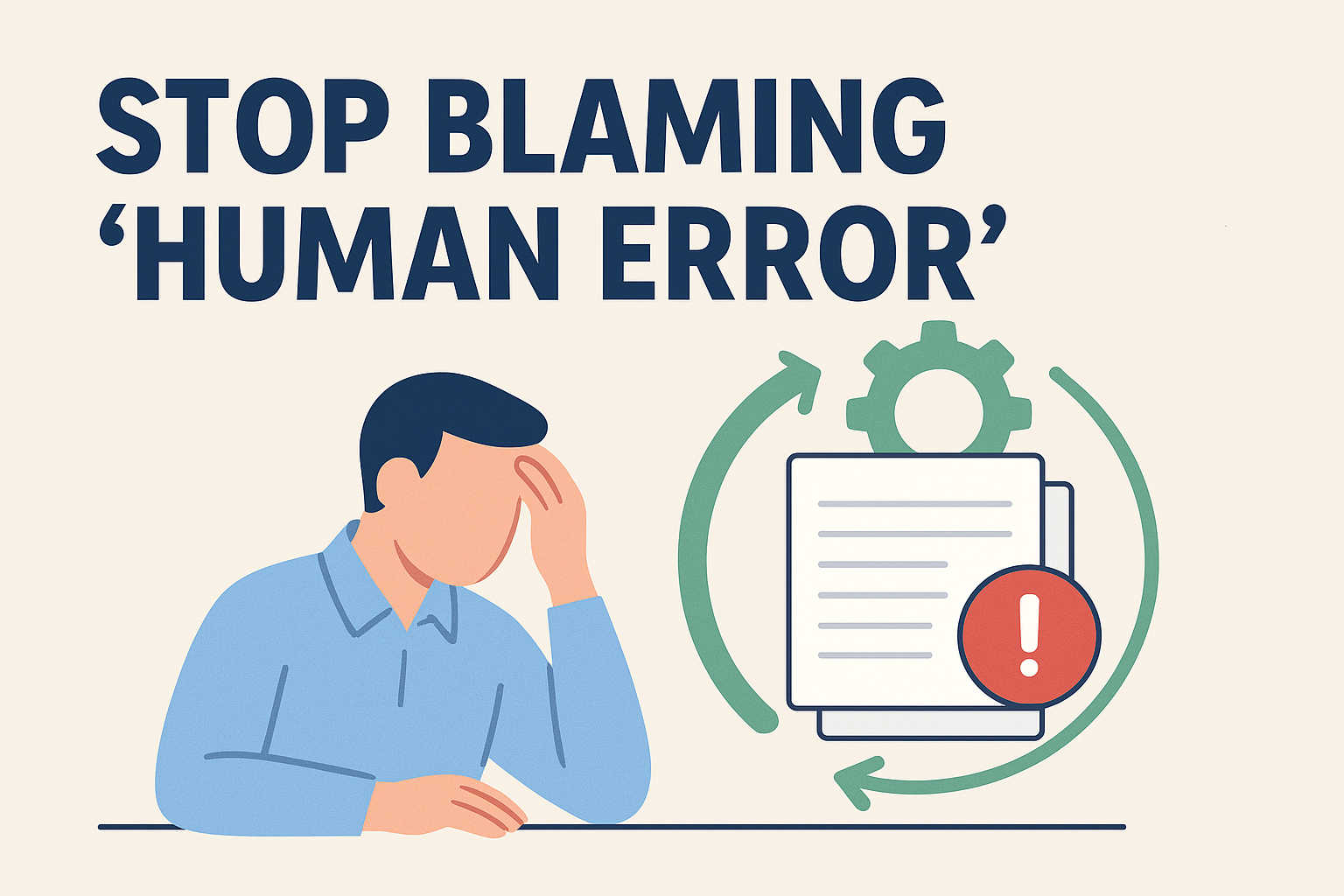Mohamad-Ali Salloum is a Pharmacist and science writer. He loves simplifying science to the general public and healthcare students through words and illustrations. When he's not working, you can usually find him in the gym, reading a book, or learning a new skill.
Effective ways to manage stress induced by positive changes
Share
Mitigating stress during positive changes involves a combination of strategies that address both the psychological and practical aspects of the transition. Here are some effective ways to manage stress:
1. Mindfulness and Relaxation Techniques
Mindfulness involves paying attention to the present moment without judgment. Techniques such as meditation, deep breathing exercises, and yoga can help reduce stress by calming the mind and body. For example, practicing deep breathing can activate the parasympathetic nervous system, which counteracts the stress response. Regular mindfulness practice can improve emotional regulation and increase resilience to stress.
2. Gradual Adjustment
Breaking down the change into smaller, manageable steps can make the transition less overwhelming. For instance, if you’ve moved to a new city, start by exploring your immediate neighborhood before venturing further. Gradual adjustment allows you to acclimate at your own pace, reducing the overall stress of the change.
3. Positive Reappraisal
Reframing the change as an opportunity for growth can shift your focus from stress to positive outcomes. For example, instead of viewing a new job as a source of pressure, see it as a chance to learn new skills and advance your career. Positive reappraisal involves identifying the benefits and potential for personal development that the change brings.
4. Social Support
Connecting with friends, family, or support groups can provide emotional comfort and practical advice. Sharing your experiences and feelings with others can help alleviate stress. For example, talking to a friend who has gone through a similar change can provide valuable insights and reassurance. Social support can also include professional help, such as counseling or therapy.
5. Maintaining a Routine
Keeping some aspects of your daily routine can provide a sense of stability and normalcy during times of change. For example, if you’ve started a new job, maintaining your morning exercise routine can help you feel grounded. Routines create a predictable structure, which can reduce the feeling of being overwhelmed by the new situation.
6. Setting Realistic Expectations
Understanding that it’s normal to feel stressed and that it may take time to fully adjust to the new situation can help manage stress. Set achievable goals and be patient with yourself. For example, if you’ve moved to a new city, give yourself time to find your way around and make new friends instead of expecting to feel settled immediately.
7. Self-Care
Taking care of your physical and mental health is crucial during times of change. Ensure you get enough sleep, eat a balanced diet, and engage in regular physical activity. For example, regular exercise can help reduce stress by releasing endorphins, which are natural mood lifters. Taking time for hobbies and activities you enjoy can also help reduce stress and provide a sense of normalcy.
8. Seeking Professional Help
If the stress becomes overwhelming, consider seeking help from a mental health professional. Therapists and counselors can provide strategies and support to help you navigate the change more effectively. For example, cognitive-behavioral therapy (CBT) can help you develop coping strategies and reframe negative thought patterns.
9. Learning and Preparation
Educating yourself about the upcoming change and preparing as much as possible can reduce uncertainty and stress. For example, if you’re starting a new job, learning about the company culture and your role in advance can help you feel more confident and prepared. Preparation can also involve practical steps, such as organizing your finances before buying a home.
10. Time Management
Effective time management can help you handle the demands of a new situation without feeling overwhelmed. Prioritize tasks, set realistic deadlines, and break larger tasks into smaller, manageable steps. For example, if you’re starting a new business, create a detailed business plan and set achievable milestones to track your progress.
11. Flexibility and Adaptability
Being flexible and open to change can help you adapt more easily to new situations. Accept that things may not always go as planned and be willing to adjust your approach as needed. For example, if you encounter unexpected challenges in a new job, view them as opportunities to learn and grow rather than sources of stress.
12. Setting Boundaries
Setting clear boundaries can help you manage stress by ensuring you have time for rest and self-care. For example, if you’ve taken on a new role at work, make sure to set boundaries around your work hours to avoid burnout. Communicate your limits to others and prioritize your well-being.
13. Journaling
Writing about your experiences and feelings in a journal can be a therapeutic way to process stress. It can help you gain perspective, identify patterns, and develop coping strategies. For example, journaling about your thoughts and emotions during a major life change can help you understand and manage your stress more effectively.
14. Seeking Feedback
Seeking feedback from trusted individuals can provide valuable insights and reassurance. Whether it’s feedback on your performance in a new job or advice on navigating a new relationship, constructive feedback can help you feel more confident and supported. For example, asking a mentor for guidance can provide clarity and reduce anxiety.
15. Celebrating Small Wins
Recognizing and celebrating small achievements along the way can boost your morale and reduce stress. Acknowledging your progress, no matter how small, can help you stay motivated and positive. For example, if you’re learning a new skill, celebrate each milestone to reinforce your sense of accomplishment.
By incorporating these detailed strategies, you can better manage the stress associated with positive changes and navigate transitions more smoothly. Remember, it’s normal to feel stressed during times of change, and taking proactive steps to care for your mental and emotional well-being can make a significant difference.
List of Services
ABOUT THE AUTHOR
Mohamad-Ali Salloum, PharmD
Share
Recent articles:





















